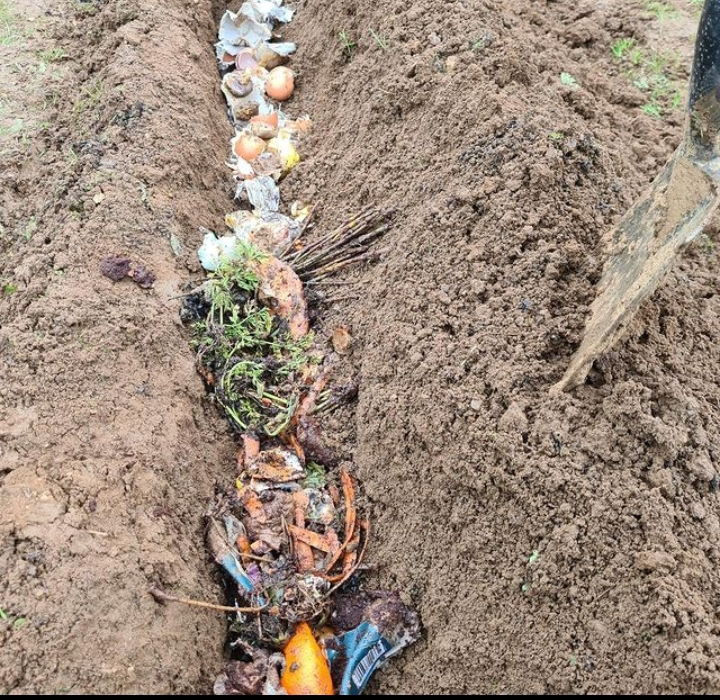Outdoor composting Techniques
Outdoor composting is a natural and environmentally-friendly way to recycle organic waste and create nutrient-rich compost for your garden.
Here are some popular outdoor composting techniques:
1. Basic Compost Pile:
- Choose a suitable location in your yard, preferably in a sunny spot with good drainage.
- Start by laying down a layer of twigs or straw to aid in aeration and drainage.
- Add a mix of green materials (nitrogen-rich) such as kitchen scraps, grass clippings, and coffee grounds, and brown materials (carbon-rich) like dried leaves, straw, and cardboard.
- Make sure to keep the compost pile moist but not waterlogged.
- Turn the pile regularly (about once a week) to aerate and speed up the composting process.
- Over time, the organic materials will decompose and transform into nutrient-rich compost.
2. Compost Bin:**
- If you want a neater and more contained composting system, you can use a compost bin or build one yourself.
- Compost bins come in various designs and sizes. Some are enclosed, while others have open bottoms to allow direct contact with the soil for better drainage and access for beneficial organisms.
- The process of composting in a bin is similar to that of a compost pile, but it might require slightly more attention to moisture levels.
3. Trench Composting:
- This method involves digging a trench in your garden and filling it with kitchen scraps and other compostable materials.
- Cover the trench with soil and let it decompose over time.
- This technique is especially useful for enriching the soil in specific planting areas.
4. Sheet Composting (Lasagna Composting):**
- In this method, alternate layers of green and brown materials are added directly onto the garden bed.
- Start with a layer of cardboard or newspaper to suppress weeds, followed by alternating layers of kitchen scraps, grass clippings, leaves, and other compostable materials.
- Finish with a layer of straw or leaves on top.
- The layers will decompose over time and improve the soil structure.
5. **Vermicomposting:**
- vermicomposting uses earthworms to accelerate the composting process.
- You can use a specially designed worm bin and add kitchen scraps and other organic waste along with the worms.
- The worms will consume the organic matter and produce nutrient-rich worm castings (vermicompost).
Remember these tips for successful outdoor composting:
- Balance the ratio of green to brown materials (about 2:1 or 3:1 by volume) to ensure proper decomposition.
- Chop or shred larger materials to speed up the composting process.
- Avoid adding meat, dairy, or oily foods, as they may attract pests and slow down composting.
- Keep the compost pile moist, but not waterlogged, to support microbial activity.
- Avoid composting weed seeds or plants treated with pesticides.
By following these techniques, you can turn your kitchen and garden waste into valuable compost that will enrich your soil and help your plants thrive.







No comments:
Post a Comment